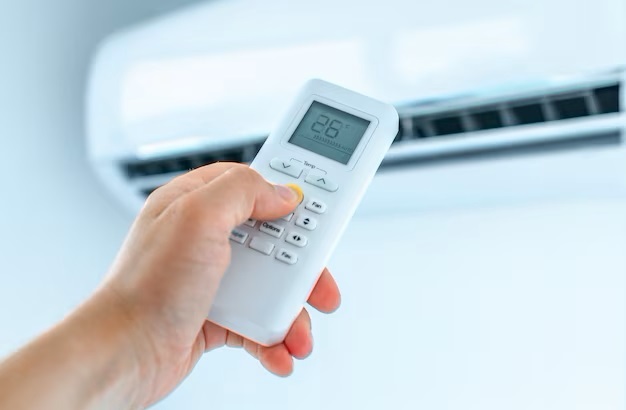Managing the humidity inside your home is more important than you might think. It’s not just about comfort – it also affects your health and the health of your home. Too much or too little humidity can cause various problems, from health issues to damage to your home. Here’s a guide on how to keep your indoor humidity at a healthy and comfortable level.
Understanding Humidity
Humidity is the amount of water vapor in the air. When there’s a lot of water vapor, we call it high humidity; when there’s not much, it’s low humidity. The ideal humidity level in a home should be between 30% and 50%. This range is comfortable for most people and helps keep your home in good condition.
Problems With High Humidity
High humidity can make your home feel stuffy and warmer than it is. It can also lead to mold growth, which is bad for your health. Dust mites, which can cause allergies, also thrive in high humidity. If your windows are often foggy or you notice wet stains on walls and ceilings, your home might have high humidity.
Dealing With High Humidity
To reduce humidity, use exhaust fans in your kitchen and bathroom when cooking or showering. These fans pull the moist air out of your home. Running a dehumidifier can also help, especially in damp areas like basements. Ensure your home is well-ventilated, and consider using air conditioners during hot, humid weather.
Problems With Low Humidity
On the other hand, low humidity can make your home feel cooler than it is. It can cause dry skin, irritate your respiratory system, and make you more susceptible to infections. Low humidity can also damage your home, causing wood to crack and electronic devices to malfunction.
Increasing Humidity Levels
A humidifier can add moisture to the air if your home has low humidity. Placing houseplants around your home can also help, as they naturally release moisture into the air. Another simple method is to leave water in open containers like vases, which will evaporate and increase humidity.
Monitoring Humidity Levels
To keep track of the humidity level in your home, use a hygrometer – a tool that measures humidity. You can find these at most hardware stores. Regularly checking the humidity can help you decide when to use humidifiers or dehumidifiers.
Regular Maintenance
Make sure your HVAC system is well-maintained. Changing filters regularly and having your system checked by a professional HVAC technician can help control humidity. Proper insulation and sealing of windows and doors also prevent moisture from getting in or out.
Maintaining the proper humidity level is crucial for your comfort and health and the integrity of your home. You can create a healthier and more pleasant living environment by monitoring and adjusting the humidity levels as needed. Whether using a humidifier in the dry winter months or a dehumidifier during the damp summer, the right balance can make all the difference.

